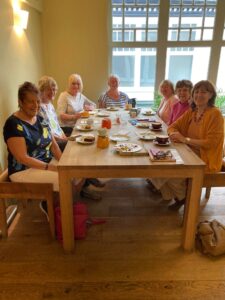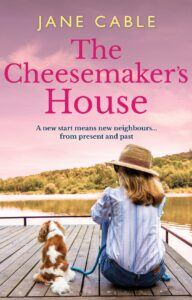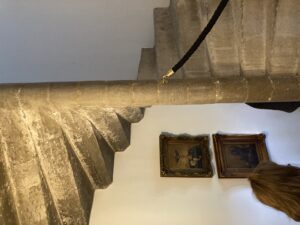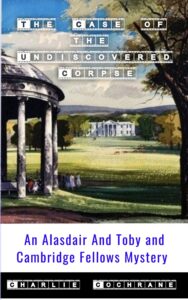Jane Cable self published her first book in 2013, after it reached the final of a major national competition sponsored by Harper Collins. After a brief flirtation with an agent and another publisher, in 2018 she signed to Sapere Books, for whom she writes haunting romances. Two years later she achieved her dream of becoming an Harper Collins author, writing as Eva Glyn. So far four women’s fiction titles have been published by One More Chapter, three of them set in Croatia.
This week, lessons eight to ten:
Publishing deals are increasingly hard to find
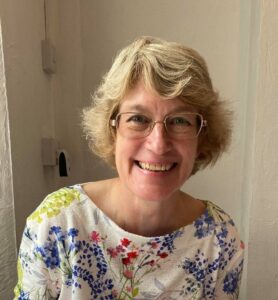 One thing I really wish I had been able to tell my twenty-something self was to prioritise my writing then, because publishing would become an increasingly tough business. Sadly that still holds true today.
One thing I really wish I had been able to tell my twenty-something self was to prioritise my writing then, because publishing would become an increasingly tough business. Sadly that still holds true today.
Think about it; when one of the mainstays of your business plan is the 99p ebook (of which the platform selling it will take a very large share), a huge number will need to be sold to make anything like a profit. And it seems to me a bit of a fallacy that the costs involved are lower; the only thing missing are printing and physical distribution, and those can be done very cheaply in bulk, especially when you consider the differential in price.
So publishers have to be incredibly careful about what they acquire. Celebrity authors are bankers who bank roll the rest of us, but very little else is certain. Even authors with contracts can find themselves in choppy waters if the first book of a deal does not sell well. It’s brutal, but it’s a business. And sadly, with a cost of living crisis gripping the country and beyond, I can’t see it getting better any time soon. Sorry.
You will spend more time marketing your books than you ever imagined
When new authors blithely ask what they need to do to make sure their book sells I do have a wry little smile to myself. If there was a magic bullet and I knew what is was, I would be top of the Amazon rankings.
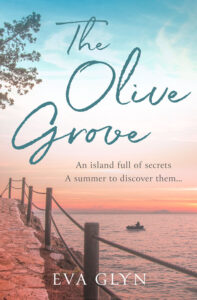 The one thing I can say with a degree of certainly is that you need to choose your marketing channels and stick with them consistently. I can tell when some authors have a book out in the near future because suddenly they pop up on social media, after an absence of months or even years. In that time all but your closest contacts are going to forget you.
The one thing I can say with a degree of certainly is that you need to choose your marketing channels and stick with them consistently. I can tell when some authors have a book out in the near future because suddenly they pop up on social media, after an absence of months or even years. In that time all but your closest contacts are going to forget you.
Of course marketing takes time. I spend at least an hour on it each day, mainly on social media, but also looking at other promotional opportunities such as advertising, preparing new graphics, polishing up my website and Amazon pages, writing guest blogs… The list is pretty endless, but it’s only by trial and error you will discover what works for you.
A good edit is the best learning experience you can have
The first book I wrote for One More Chapter was The Olive Grove, and when the structural edit came back it wasn’t so much a case of ‘could do better’ as ‘must do better’. I was devastated, but the notes I was given were so detailed they provided a roadmap for how to improve the book, so it could become the best seller that it has.
I learnt so much from that experience. How to fill the pages with wonderful settings and deep, credible emotions. How to take a reader inside the story and keep them there, turning every page. It was the most valuable learning experience of my entire writing life, and I have pumped what I learnt into everything I’ve written since. Of course, that doesn’t mean I’m perfect and every time I receive an edit back from One More Chapter I am trembling not only with fear, but with anticipation.
Each and every one has made me a better writer. And that’s very exciting indeed.
Lessons one to seven have been published on the previous two Wednesdays.

